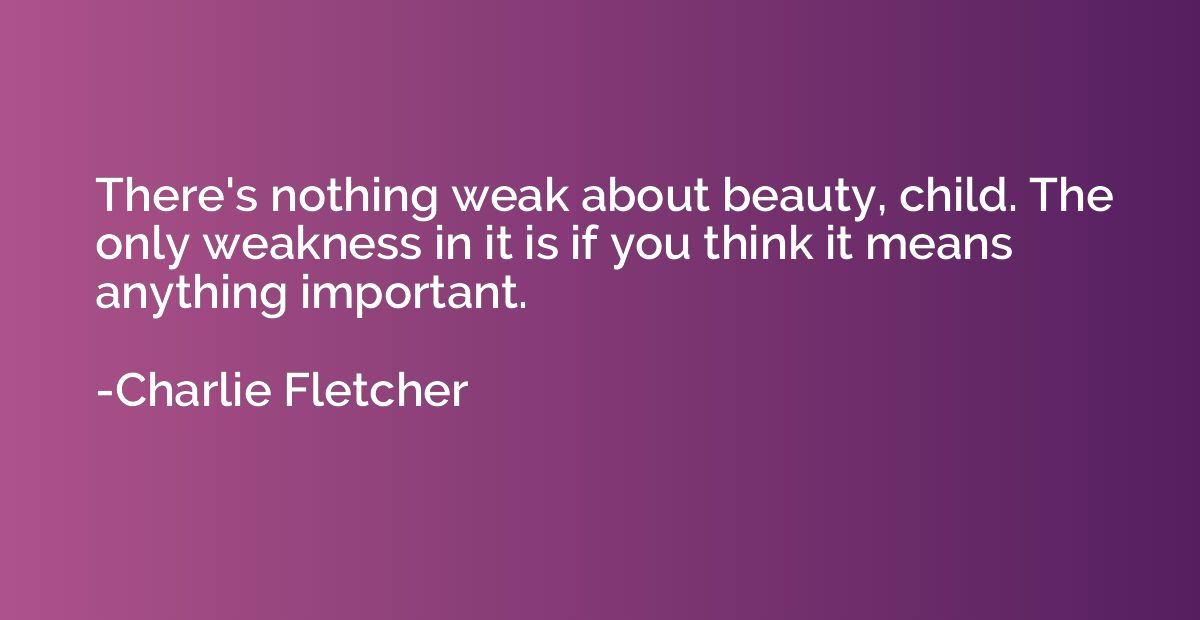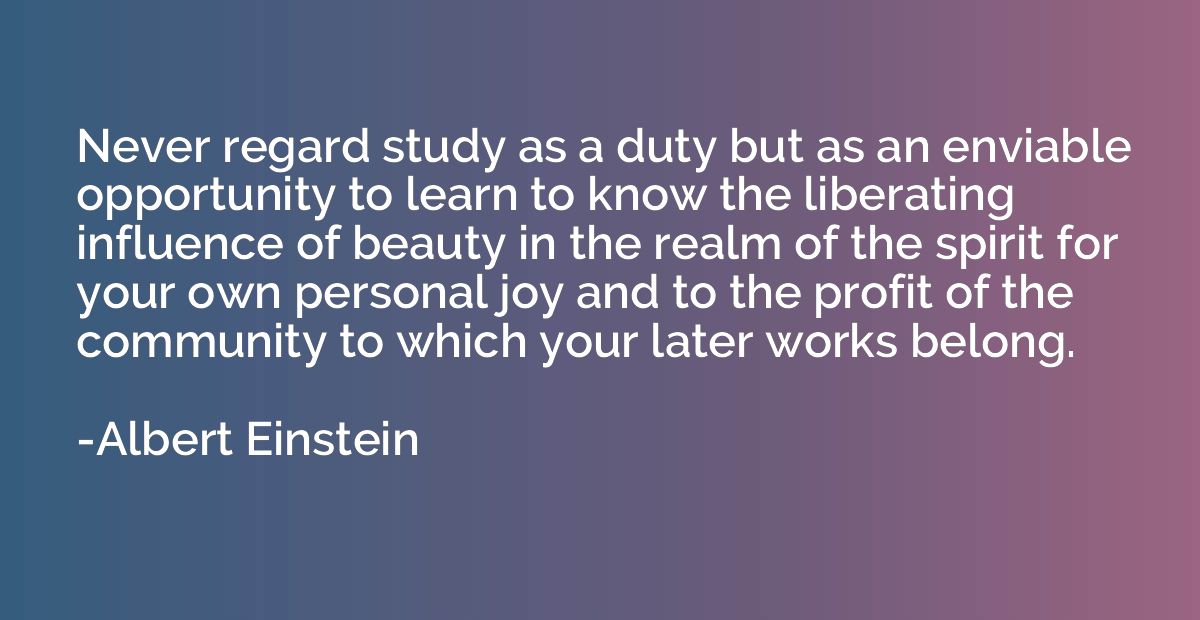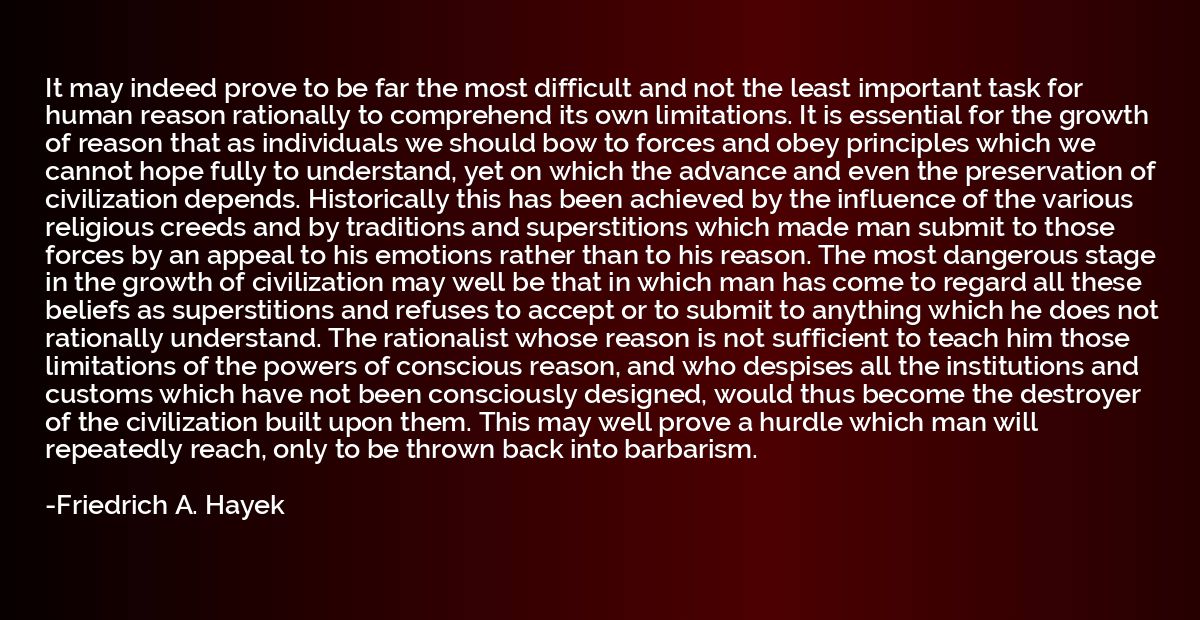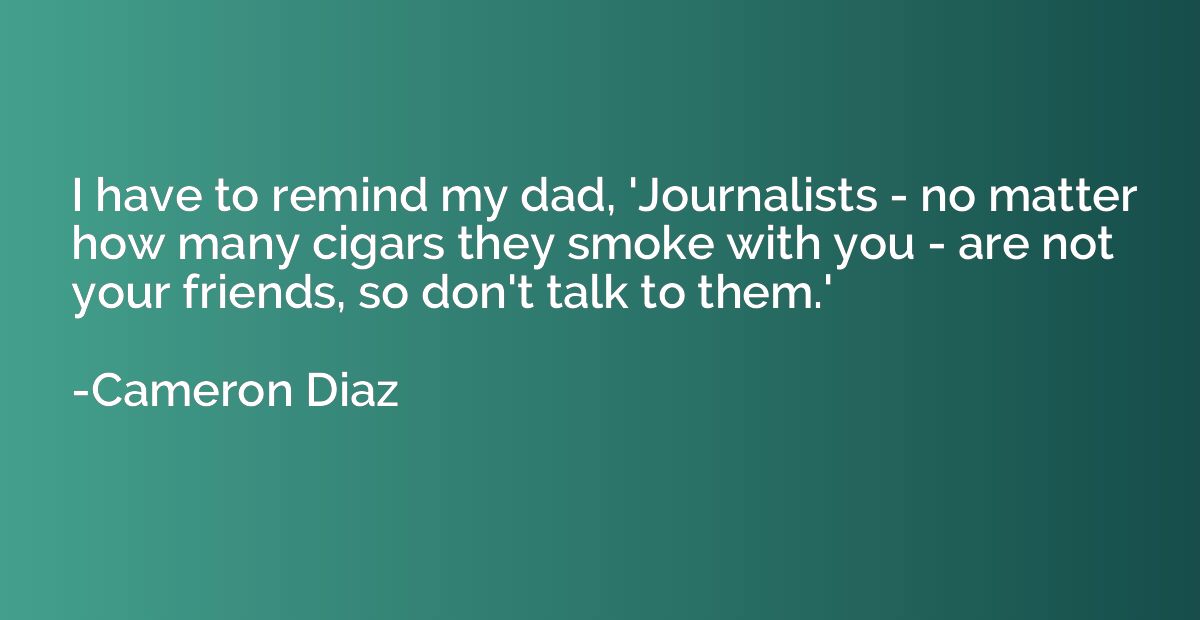Summary
This quote, often attributed to author Charles Bukowski, encourages individuals to pursue their passions wholeheartedly, even if it entails experiencing a certain level of risk or sacrifice. It urges people to immerse themselves in their passions to the extent where they devote their entire existence to it, allowing it to consume them completely. By following this path, one may find true fulfillment and purpose in life, even if it means facing challenges or facing existential risks along the way. Ultimately, the quote encourages embracing one's passions with unwavering dedication, regardless of the potential consequences.















